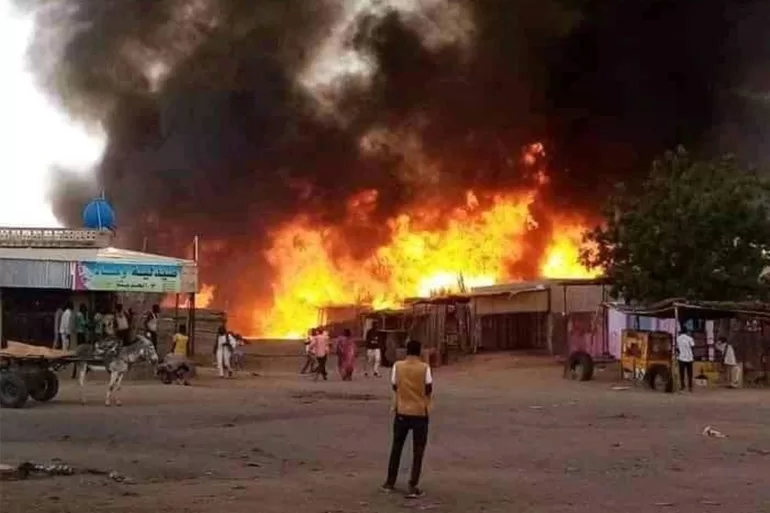Number of conflicts worldwide hit 59 last year with 28 occurring in Africa.
The Peace Research Institute of Oslo (PRIO) said 59 armed conflicts took place worldwide last year, led by the wars in Ukraine and Gaza.
Twenty-eight of the conflicts were in Africa, followed by Asia with 17 and the Middle East with 10. Just three conflicts were recorded in Europe and a single example in the Americas.
Although the number of conflicts grew last year, the number of countries that experienced conflicts declined from 39 in 2022 to 34.
The increase in the number of conflicts can partially be attributed to the spread of ISIL (ISIS) across Asia and the Middle East and the involvement in general of a growing number of non-state actors. That has made the work of NGOs only more difficult, the report said.
“This development makes it increasingly difficult for actors like aid groups and civil society organisations to manoeuvre the conflict landscape and improve the lives of ordinary people,” said Siri Aas Rustad, PRIO researcher and the main author.

According to data collected by Sweden’s Uppsala University from nongovernmental and international organisations, the number of deaths in combat halved last year to 122,000.
But the number still remained the third highest since 1989, and overall, the past three years saw more conflict-related deaths than any time in the past three decades. They were driven by the civil war in Ethiopia’s Tigray region, the Russian invasion of Ukraine and the assault on Gaza.
“Violence in the world is at an all-time high since the end of the Cold War,” Rustad said.
“The figures suggest that the conflict landscape has become increasingly complex with more conflict actors operating within the same country.”
